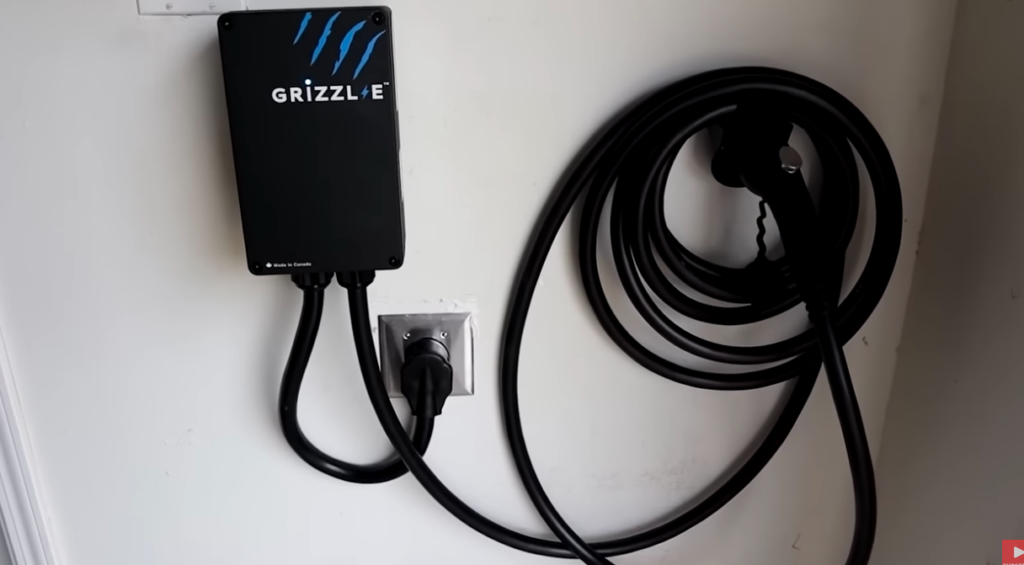Recent Updates on EV Chargers:
Faster Charging Speeds: EV charger manufacturers have been working on improving charging speeds. The introduction of higher-power chargers, such as 350 kW DC fast chargers, allows for much faster charging, reducing the time required to charge an EV significantly.
Increased Charging Network: Charging infrastructure has been expanding globally. Governments, private companies, and communities have been investing in charging stations to make EV adoption more convenient. This expansion includes not only public charging stations but also private home charging solutions.
Smart Charging Features: Many EV chargers now come equipped with smart features that allow users to schedule charging times, monitor charging status remotely via mobile apps, and even integrate with renewable energy sources, optimizing charging for cost savings and environmental benefits.
Universal Charging Standards: Efforts have been made to standardize charging connectors, such as the CCS (Combined Charging System) and CHAdeMO, to make it easier for EV owners to charge their vehicles at various stations.
Improved Affordability: Over time, the cost of EV chargers has been decreasing, making them more accessible to a broader range of consumers.
Why You Should Hire an Electrician to Install an EV Charger:
Electrical Expertise: Electricians have the necessary training and expertise to ensure that the installation is safe and up to code. EV chargers require a dedicated circuit, proper grounding, and adequate electrical capacity, which an electrician can assess and provide.
Compliance with Regulations: Local building codes and regulations may require specific electrical work for EV charger installations. An electrician will be familiar with these requirements and ensure that your installation meets all necessary standards.
Safety First: Incorrectly installed chargers can pose a fire hazard or damage your electrical system. Electricians will prioritize safety, ensuring that the installation is done correctly to prevent any potential hazards.
Efficiency and Performance: An electrician can optimize the installation for efficiency, ensuring that your EV charger operates at its best capacity. This can result in faster charging and lower energy costs.
Warranty Protection: Some EV charger manufacturers may require professional installation to maintain warranty coverage. Hiring an electrician ensures that you won’t void your warranty due to improper installation.
Future-Proofing: Electricians can help plan for future EV charger needs, ensuring that your electrical system can accommodate additional chargers or upgrades as your EV fleet grows.
In conclusion, the EV charging landscape has been evolving with improvements in technology and infrastructure. When considering the installation of an EV charger, it’s highly advisable to hire a qualified electrician to ensure safety, compliance, and optimal performance. Electricians bring essential electrical expertise to the installation process, safeguarding your investment and providing peace of mind. Keep in mind that regulations and technology may have evolved further since my last update in January 2022, so it’s essential to consult with a professional and stay informed about the latest developments in the field.

